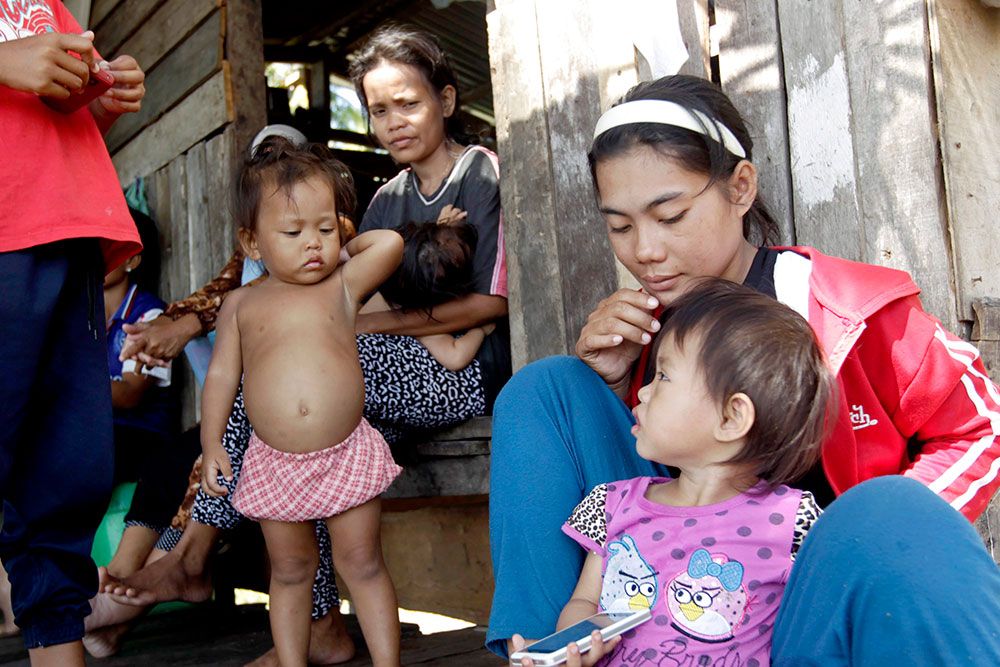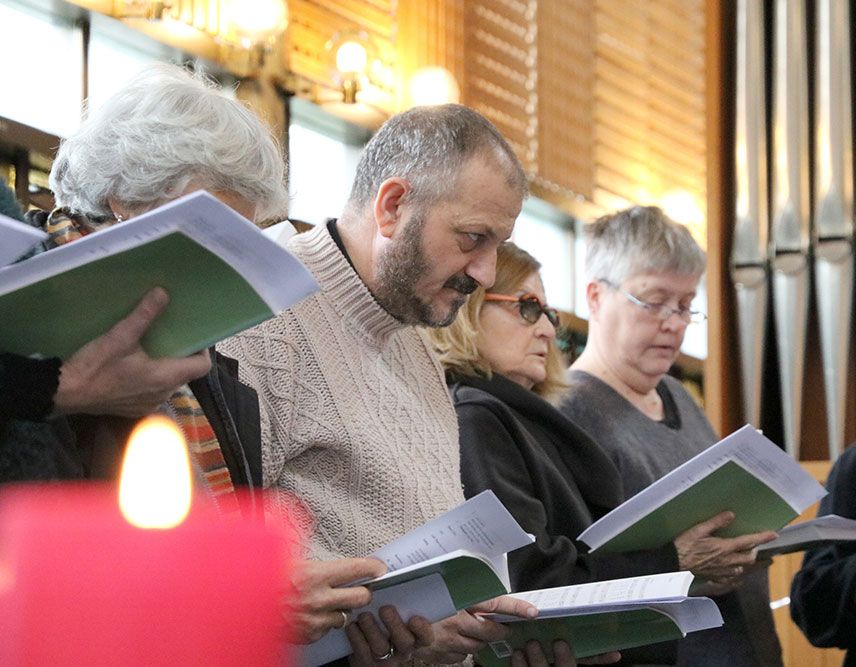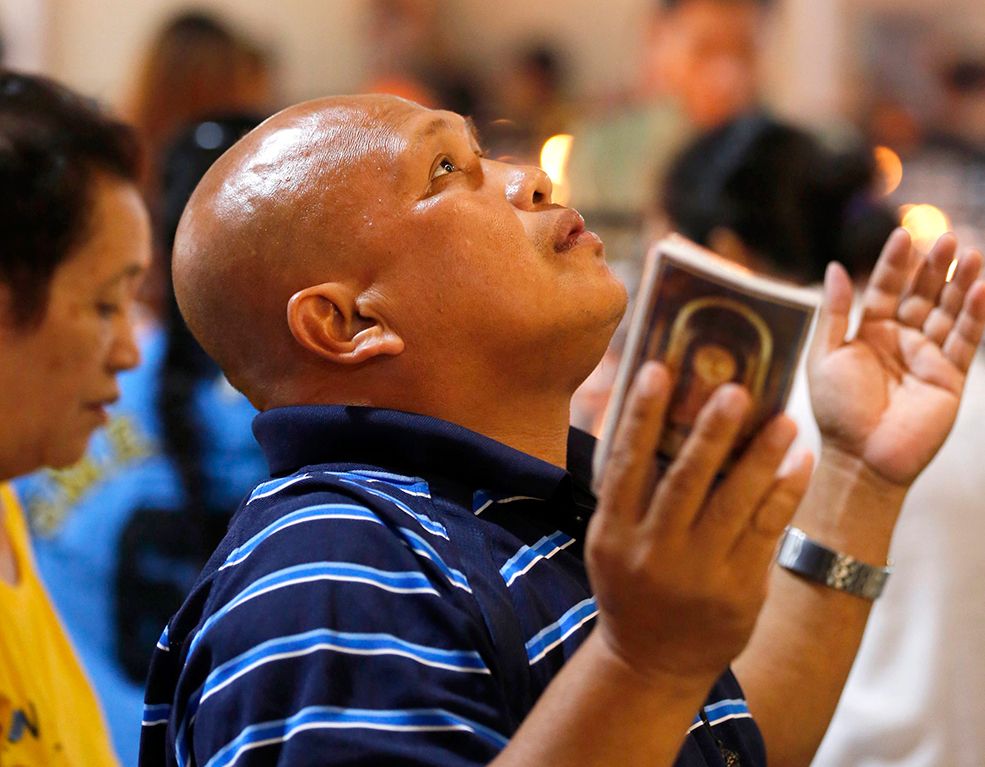Besides the points presented in the first article about the Ten Commandments in general (World Mission, January 2020), there are other points that Pope Francis stressed.
1. The Ten Commandments challenge us to celebrate life in its fullness. Pope Francis says that our worst enemies are “mediocrity” and “faintheartedness,” and for us to defeat these enemies, it is important to ask God for the gift of “a sane restlessness, the ability to not be satisfied with a life without beauty and without color. How bad it is to encounter Christians with a heart that is small and closed within itself.” Keeping the Ten Commandments, “we discover the door opened by the Father so that Jesus may lead us into true life, His life, the life of God’s children.”
2. The observance of the Ten Commandments is life-giving when we consider ourselves children of God, not His slaves. Pope Francis has challenged us: “Do we have the mentality of slaves or the mentality of children? If we have the first mentality, we take the Law in an oppressive way and this can lead us to a life of cold obligations or to a life of violent rejection of the Law.” When we consider ourselves children of God in Christ Jesus, the Commandments lead us to freedom as they are the Father’s Words that make us free.
3. The Love of God comes before the Law and gives it meaning. Pope Francis introduced this subject, quoting Deuteronomy 4:32-35 that describes God’s intervention to free the People of Israel from the slavery of Egypt. Soon after this, he quoted Exodus 20:2 which is a proclamation by God: “I am Yahweh your God who brought you out of Egypt, where you lived as slaves.” In this verse Pope Francis sees the foundation of the Ten Commandments: “The text of the Ten Words starts with the generosity of God. He never asks anything before giving much. First, He saves and then He asks….. God is ‘ours’ and we are his… Here we have a deep relationship of which we must make an invigorating experience.”
4. What happens when a person has not had as yet a true experience of God’s liberating action? Pope Francis says: “That person must imitate the people of Israel: ‘The Israelites, groaning in their slavery, cried out for help and from the depth of their slavery their cry came up to God. God heard their groaning and remembered the covenant with Abraham, Isaac and Jacob. God saw the Israelites and took note. (Exodus 2:23-25)’” Pope Francis has spoken of the importance of prayer as a cry for help: “Lord, save me, show me the way, caress me, and give me joy.”
5. In so many different ways Pope Francis has insisted upon this point: the Ten Words aim at keeping God’s children safe in freedom, at defending them from anyone who may make them slaves again and may exploit them. They are a privileged expression of God’s care for His ‘elect’ so that in the Promised Land they may live a life of happiness and taste milk and honey. Through the Ten Commandments God’s will is to continue taking care of His people with fatherly and motherly affection. The Ten Commandments are like an eagle’s wings on which God has put us in order for us to celebrate our freedom through the experience of His continual presence.
6. Finally, by keeping the Ten Commandments, God’s people live and act as children dear to Him. Regarding this point, Pope Francis quoted 1 Peter 2:9: “You are a chosen race, a Kingdom of priests, a holy nation, and a people to be a personal possession to sing the praises of God who called you out of the darkness into his wonderful light.”
Through the intercession of Mary and of all the saints, may we take the Ten Commandments the way Jesus did, presenting Himself as the One Who brought them to perfection by condensing them in the supreme precept of love: “Do not imagine that I have come to abolish the Law and the Prophets; I did not come to abolish but to complete them.” (Matthew 5:17)





























